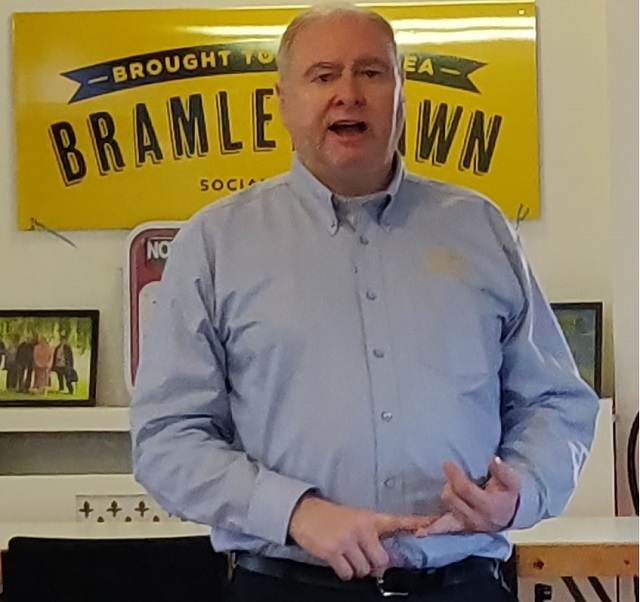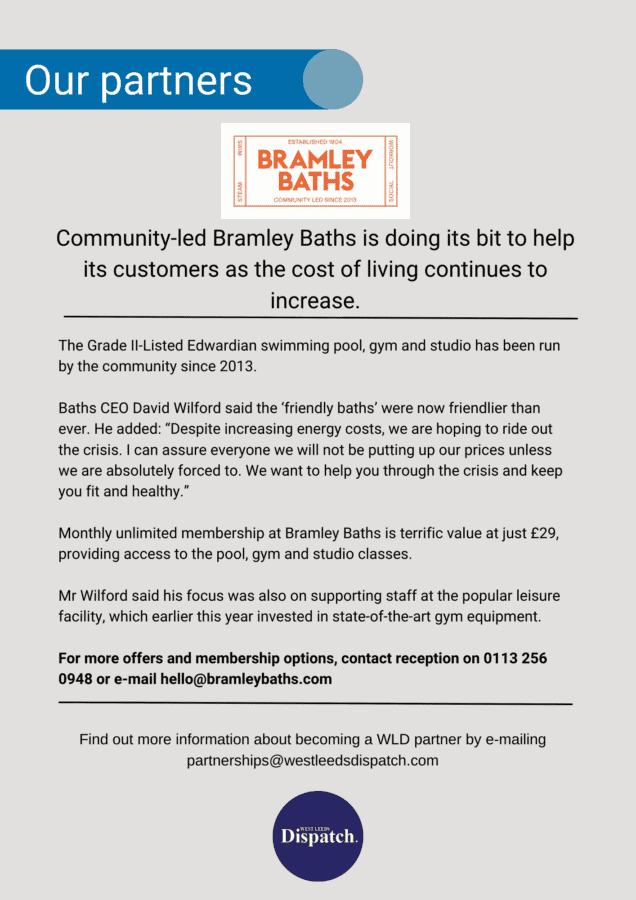By Paul Abraham of www.headingonwards.com
Waste increases pollution, contributes to climate change and uses more money, energy and natural resources than most of us realise.
Making small changes in our everyday lives can make a powerful difference to the health of all living things and the planet.
- Buy loose fruit and vegetables not packaged ones
- Replace your shampoo bottle with a shampoo bar or a refillable shampoo bottle
- Start buying second hand items
- Use reusable coffee cups – disposable coffee cups are notoriously hard to recycle
- Try to reduce buying single use plastic, for example buy a resuable water bottle
- Swap products which use plastic packaging to products with recyclable packaging
- Bring your own bag when you go shopping
- Use apps, such as “Too Good To Go” to save food from the bins of local food cafes and shops
- Separate your waste and start recycling your plastic, papers and biological waste.
Why should we reduce waste?
- Effect on wildlife: seals with plastic rings around their necks, dead birds whose stomachs are filled with plastic, deer suffocated with plastic bags over their heads. These are just some examples of how the products we buy and the packaging they use affect our wildlife.
- The British Plastics Federation (BPF) estimates that 46% of the UK’s plastic waste is incinerated, 19% is exported and 17% goes to landfill.
- It never goes away: once plastic packaging is in the environment it takes hundreds of years to decompose.
Where to put all the waste? 5 tonnes of waste is produced by the average European each year. Only 38% of waste in the EU is recycled. Over 60% of household waste still goes to landfill in some EU countries. What’s more is that some countries export their rubbish for other countries to deal with. This rubbish either ends up in landfill or gets blown into the sea. Hardly a sustainable solution.


